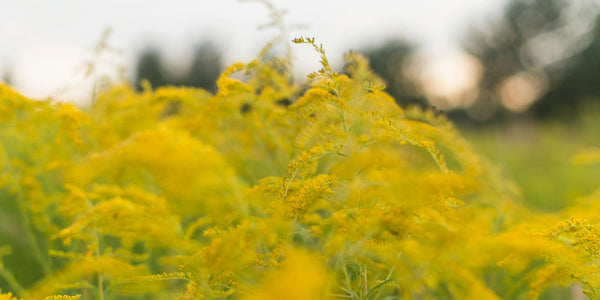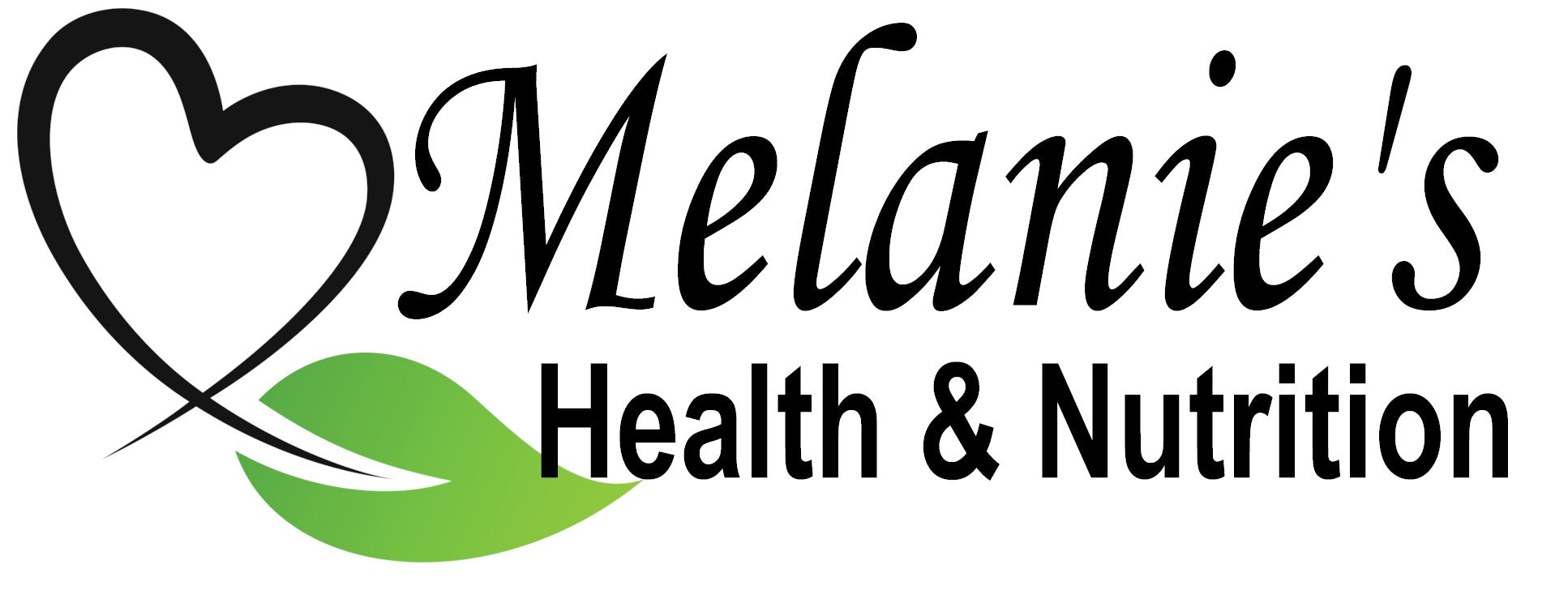
The Overlooked Link Between Immune Health and Spring Sniffles
Every spring, the same question comes up: “Is this a cold... or allergies?” And it’s no wonder — spring sniffles can be confusing. The change in weather, the blooming trees, the leftover winter congestion… it all blends together. But one thing I’ve learned over the years is that allergies and immune health aren’t two separate issues — they’re more connected than most people realize.
In fact, spring is one of the best times to give your immune system a little extra support — not just for colds and bugs, but to help your body respond more calmly to seasonal triggers.
Allergies Are an Immune Response
Here’s what a lot of people don’t know: when you have seasonal allergies, your body isn’t just being “sensitive.” It’s having an immune response — one that’s a little overactive. Your immune system sees harmless things like pollen or grass as invaders and launches a full-on defense. That’s where the sneezing, runny nose, itchy eyes, and general fogginess come from. It’s not about being weak — it’s about being out of balance.
And if your immune system is already a little run down from stress, poor digestion, or lingering winter bugs, the reaction can be even worse.
Herbs That Help You Find Balance
Over the years, I’ve worked with so many customers (and dealt with my own spring sniffles), and I’ve come to rely on a handful of herbs that gently support the immune system while helping the body calm down its overreaction.
Here are a few of my favorites:
Nettle
This is a springtime classic. Nettle has natural antihistamine-like properties and has been traditionally used to reduce the body’s response to allergens.
Quercetin
A plant-based compound (found in foods like onions and apples) that’s known for calming inflammation and supporting healthy immune reactivity. It pairs well with vitamin C.
Astragalus
This is one of my favorite “tonic” herbs — it’s gentle, supportive, and traditionally used to strengthen the immune system over time. It’s great when used regularly, especially before allergy season kicks into full swing.
Marshmallow Root
If your throat or sinuses are irritated from post-nasal drip or coughing, marshmallow is a soothing, mucilaginous herb that helps coat and calm irritated tissues. I love pairing it with nettle for gentle support.
Elderberry
I think of elderberry as a go-to when the lines between allergies and immune stress start to blur — like when everyone around you has a cold and your allergies are flaring, too. It’s antioxidant-rich and helps the immune system stay strong without overstimulating.
Lifestyle Tips to Lighten the Load
Sometimes even the simplest shifts can help your body handle spring a little better:
-
Drink plenty of water to help thin mucus and keep things moving.
-
Cut down on sugar and processed foods, which can contribute to inflammation.
-
Try a nasal rinse to flush out pollen and irritants from your sinuses.
-
Open windows in the early morning, when pollen counts are lower — and close them during peak wind or midday bloom times.
-
Support your gut health — your microbiome plays a big role in regulating immune responses.
It’s All Connected
I’ve learned that the body’s systems are more connected than we often give them credit for — and spring is a perfect reminder. When we support our immune health, we’re not just preparing to fight off colds or flus… we’re helping our bodies respond more gently to everything from pollen to stress.
So if you’re feeling foggy, sniffly, or just not quite like yourself as the seasons change, it might be time to show your immune system a little love — not with harsh cleanses or quick fixes, but with plants, nourishment, and care.
And of course, if you’re not sure where to start, come in and ask. I love helping people figure out the next right step for their health — and spring is a beautiful time to do just that.
